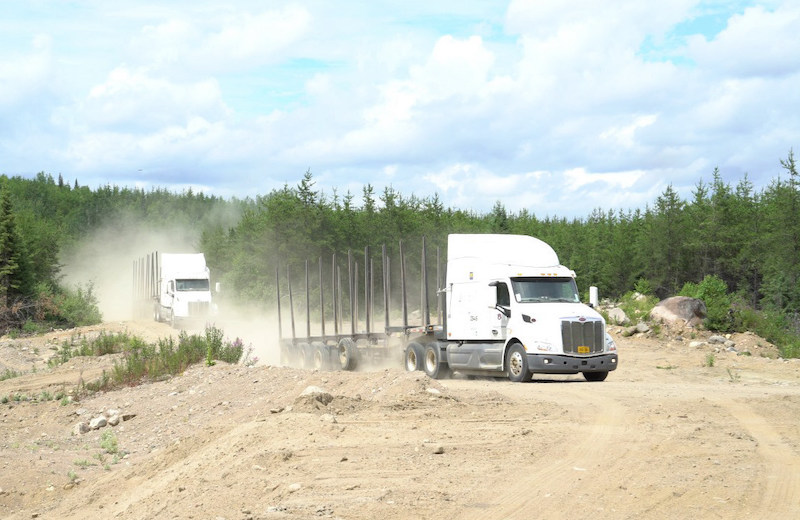Robotic Research and FPInnovations partner to develop resource road truck platooning technology
Joint efforts will provide Level 4 Autonomy for natural resource sector roads
Robotic Research, a developer of “automated driving systems” (or ADS, meaning autonomous), and FPInnovations, a Canadian private non-profit research and development center, are collaborating to develop an off-road truck platooning system for the forest industry.
This project will combine Robotic Research’s proven expertise as a global leader in self-driving technology with FPInnovations’ knowledge in forestry and transportation to adapt the truck platooning technology to off-highway environments.
The multi-year project aims at accelerating the adoption of off-road automated-vehicle technology to improve safety and address an acute labor shortage, thereby improving the quality and viability of rural jobs where natural resources are located.
Looking to the future, a successful project would not only benefit Canada’s forest industry, but other Canadian sectors such as mining resources and natural resources in Northern Canada.

Robotic Research, with a history of other groundbreaking projects, including the development of the Xcelsior AV announced with New Flyer this year, will create unmanned convoys of Class 8, ADS-enabled trucks that follow a driver in a lead vehicle.
The project will adapt existing technology to challenging Canadian conditions such as four-season weather and operations on off-pavement roads, particularly for resource roads in continental and polar climates.
Alberto Lacaze, president, Robotic Research, says: “We are extremely proud to have been selected by FPInnovations and believe this project is a transformative model of how ADS can aid industries, like forestry, operating in perilous conditions or facing workforce shortages.
“The unmanned truck convoys work in concert with commercial drivers to enhance their efficiency, while also protecting their safety.”
In Phase I, truck convoys will be put through safety trials that mimic the routes from harvesting sites to sawmills. Once the system is proven to be secure, FPInnovations will run trials on actual resource roads, known to be challenging because of dust, sharp curves, and steep slopes.
Stéphane Renou, president and CEO, FPInnovations, says: “We are very pleased to partner with Robotic Research whose leading-edge expertise in the commercial on-road and defense transportation will greatly benefit Canada’s natural resource sectors and help address an acute labor shortage.”

